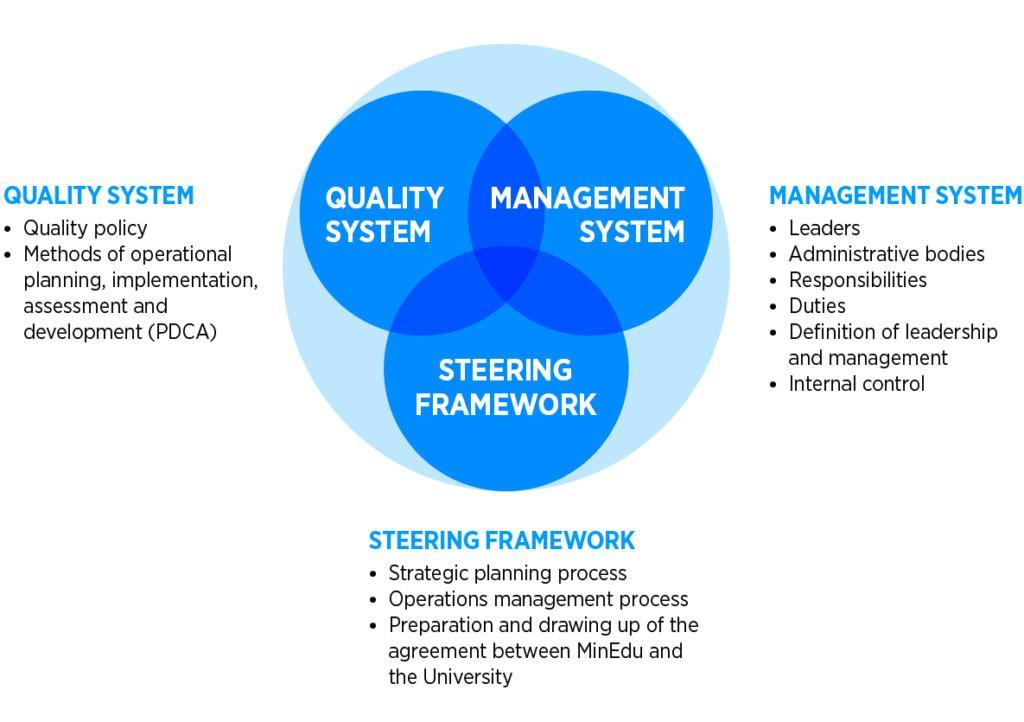course content

A training diploma in Strategic Planning and Quality Management is a comprehensive program designed to equip individuals with the necessary knowledge and skills to effectively manage and improve processes within an organization. This diploma program typically covers various aspects of strategic planning, quality management, and their integration into the overall business framework. The program may include theoretical knowledge as well as practical applications, case studies, and hands-on exercises to ensure a comprehensive understanding of the subject matter. Here is a general overview of what might be covered in such a training diploma:
1. **Fundamentals of Strategic Planning**: Understanding the importance of strategic planning in achieving organizational goals, defining the mission and vision of an organization, analyzing the internal and external environment, and formulating strategies to gain a competitive advantage.
2. **Strategic Analysis and Decision-Making**: Techniques for analyzing the internal and external environment, including SWOT analysis, PESTEL analysis, and other strategic tools to make informed decisions for the organization.
3. **Strategy Implementation and Execution**: Understanding the process of implementing strategies effectively, aligning resources and capabilities, and managing change within the organization.
4. **Quality Management Principles**: Exploring the principles of quality management, including Total Quality Management (TQM), Six Sigma, Lean Management, and other quality improvement methodologies.
5. **Quality Assurance and Control**: Understanding the importance of quality assurance processes, quality control techniques, and their application in various industries.
6. **Performance Measurement and Improvement**: Techniques for measuring and monitoring performance, identifying key performance indicators (KPIs), and implementing continuous improvement processes to enhance organizational performance.
7. **Risk Management in Strategic Planning and Quality Management**: Identifying and mitigating risks associated with strategic planning and quality management, understanding the impact of risks on organizational performance, and developing risk management strategies.
8. **Leadership and Change Management**: Developing leadership skills necessary for leading strategic initiatives and managing change within the organization.
9. **Project Management and Implementation**: Understanding the principles of project management and applying them to the implementation of strategic plans and quality improvement initiatives.
10. **Ethics and Corporate Social Responsibility**: Understanding the ethical considerations and social responsibilities associated with strategic planning and quality management practices.
11. **Communication and Team Building**: Developing effective communication skills and fostering teamwork to facilitate the implementation of strategic plans and quality management initiatives.
The duration of the training program can vary, ranging from several weeks to several months, depending on the depth of the curriculum and the level of expertise being targeted. It's important to research the specific program you are interested in to ensure it aligns with your career goals and provides the necessary knowledge and skills for your professional development.